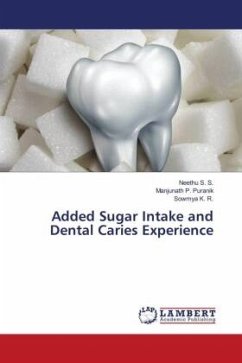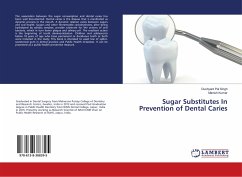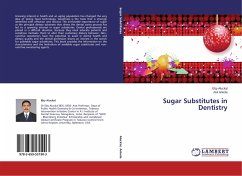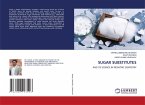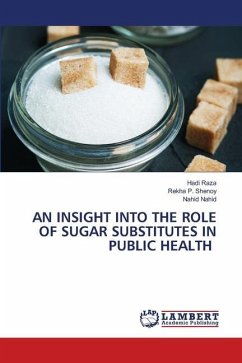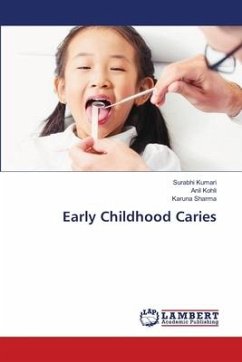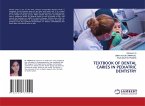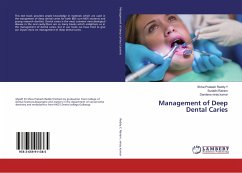Added sugar intake has tripled worldwide in the past sixty decades. It is the major food additive in most of the developed and developing countries. Contemporary changes have occurred in the type, amount and behaviour of added sugar consumption. The key source of added sugar intake is the sugar sweetened beverages. Processed snacks and sweets are also consumed in larger quantities by children and young adults. Carbonated soft drinks which contain added sugar gained popularity among the young adult population and their consumption pattern tremendously increased over the last few decades. Higher intakes of added sugars threaten the nutrient quality of diets by providing significant energy without specific nutrients. The consumption of added sugar raises concern with increasing rates of systemic conditions. Increased rate of dental caries is the consequences of the shift in sugar consumption. Cariogenicity of sugars depends on frequency and form of intake, oral sugar clearance and effective concentration. Promoting a healthy dietary environment and restricting consumption of foods and drinks with added sugar would be important for addressing excessive intake of added sugar.

